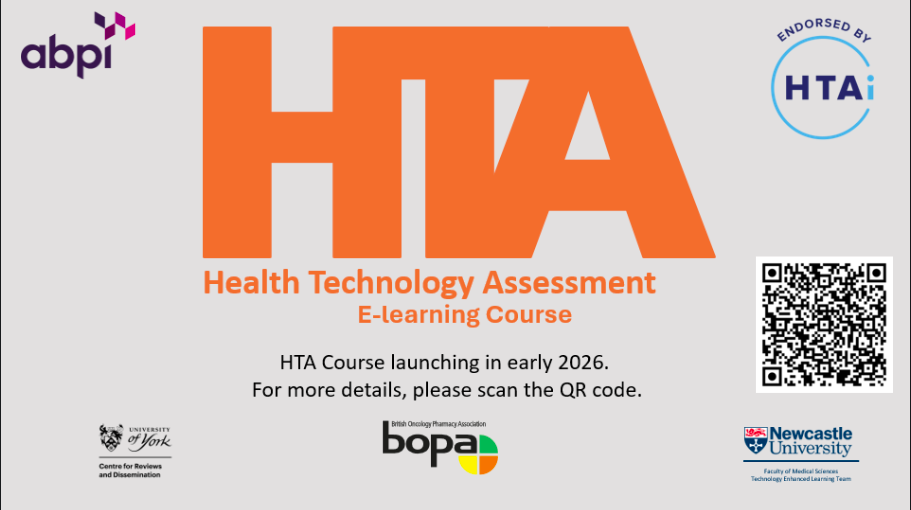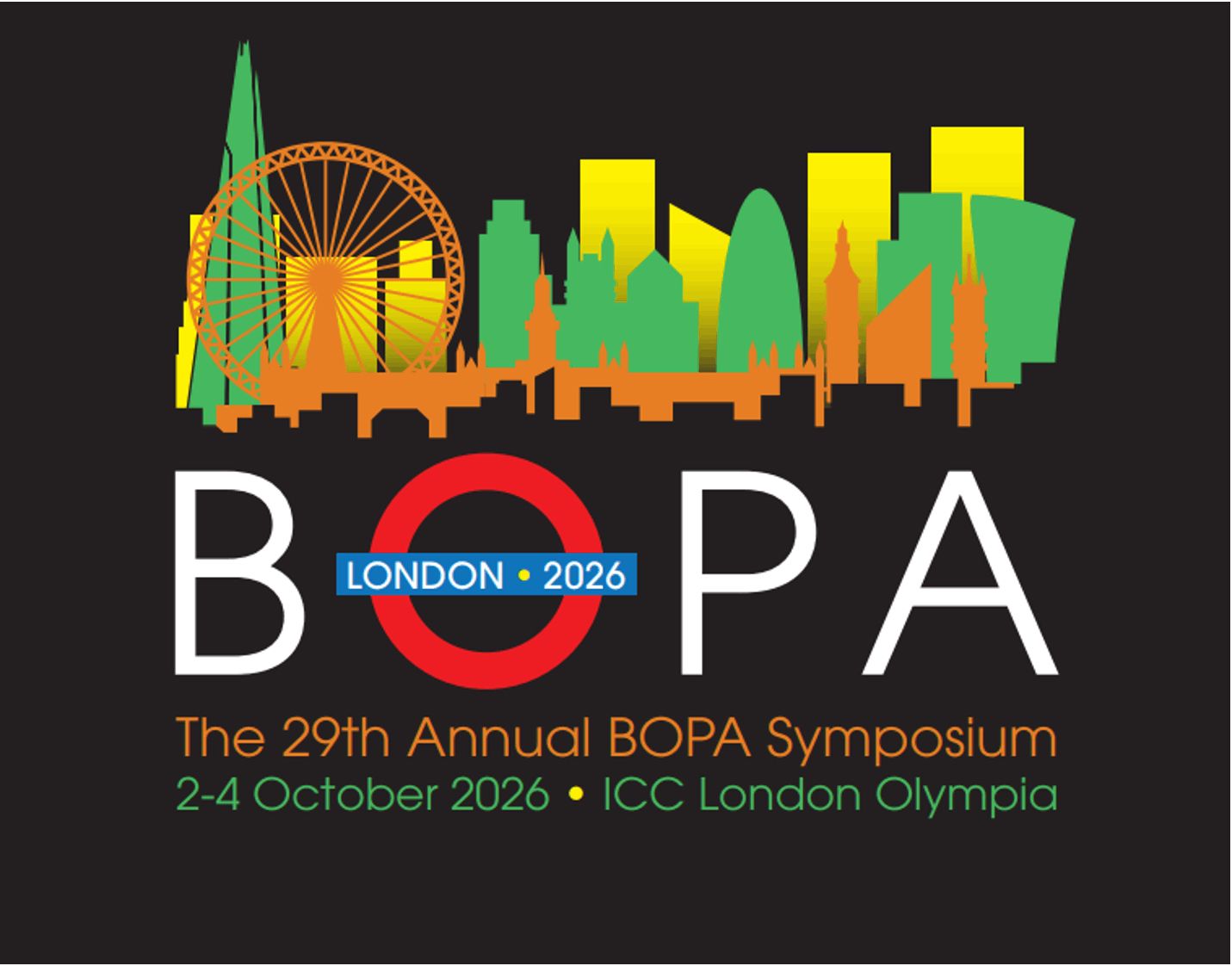BOPA Bespoke CPD Course on Health Technology Assessment (HTA)

BOPA supported by expertise from the University of York and the National Institute of Health and Care Excellence (NICE) are delighted to announce this Continuing Professional Development (CPD) course on Health Technology Assessment (HTA).
This course will form part of the BOPA passport scheme of core training accreditation for the 3,000+ professionals working in pharmacy services across the National Health Service (NHS) in the United Kingdom.
The course will provide standardisation information on HTA across NHS organisations/trusts through knowledge accreditation. The course is endorsed by Health Technology Assessment International (HTAi).
Course Delivery
The course will be developed by the Centres for Review and Dissemination (CRD), University of York. Also, providing expertise in market access is Steve Williamson, Associate Director for Managed Access at NICE, and a former President of BOPA.
The course will be delivered by way of eight modules on HTA that would be applicable to cancer care. Each module will be 15 to 20 minutes in length and consist of voice-over slides, animations and interviews/clips with relevant topic experts.
The aim of the course is to:
- Equip BOPA members with the knowledge of how evidence is synthesised and used in an economic model in HTA
- Share insights into the key economic modelling issues within HTA
- Present how HTA and market access works in practice across the UK. Focusing on the NICE approach to commissioning new cancer medicines but also the Scottish Medicines Consortium (SMC) and the All-Wales Medicines Strategy Group (AWMSG).
- Discuss managed access schemes, such as the Cancer Drug Fund (CDF)
By the end of the CPD course, a participant should be able to:
- Understand the HTA process with a focus on cancer drugs.
- Recognise the interface between the pharmaceutical industry, independent review groups (External Assessment Groups, EAGs), HTA agencies in the UK and healthcare professionals.
- Demonstrate knowledge of the methodology used in the HTA process and how this translates into market access.
The CPD course is being designed to be accessible to all learners, requiring no prior knowledge of economics, evidence synthesis or HTA. It will follow a modular format, consistent with other BOPA e-learning courses, allowing participants to learn at their own pace through clearly defined units.
| Module | Title | Details |
| 1 | Overview of HTA Process | Purpose of HTA – past, present and future. Importance of HTA to pharmacy. Fundamental principles of HTA (clinical evidence and economic evaluation). |
| 2 | Clinical Evidence for Decision-Making | Types of Clinical Evidence. Evaluating Clinical Evidence incl. meta-analyses. Indirect treatment comparisons – (Network MA) and more advanced topics of indirect comparisons (MIAC, ML-NMR). |
| 3 | Economic Evaluation | What is an economic evaluation? Types of economic evaluation used by HTA agencies and examples in cancer care. Cost-Effectiveness Threshold. |
| 4 | The NICE HTA process – STA for cancer drugs | The HTA Process in England. Types of NICE technology appraisals. NICE Reference Case; Types of NICE recommendations. Stakeholder perspectives. |
| 5 | EAG Exemplar | What is an External Assessment Group (EAG)? The NICE STA Timeline. Key issues in an EAG report. NICE Committee. NICE Recommendations. |
| 6 | NICE HTA Process – Cancer diagnostics & MedTech | Cancer Diagnostics and HealthTech. NICE Programme – DAP for Diagnostics. HealthTech Programmes MTEP, HST, EVA and LSA. NHS 10-year plan. HealthTech Manual (Forthcoming). Stakeholders’ perspectives. |
| 7 | SMC and AWMSG | What happens in Scotland/Wales/NI? Compared to NICE HTA Process. |
| 8 | Market Access | Post Recommendations – Role of the Cancer Drugs Fund (CDF). Hospital Pharmacists (BlueTeq); SACT database; Regional and Local commissioners. |
